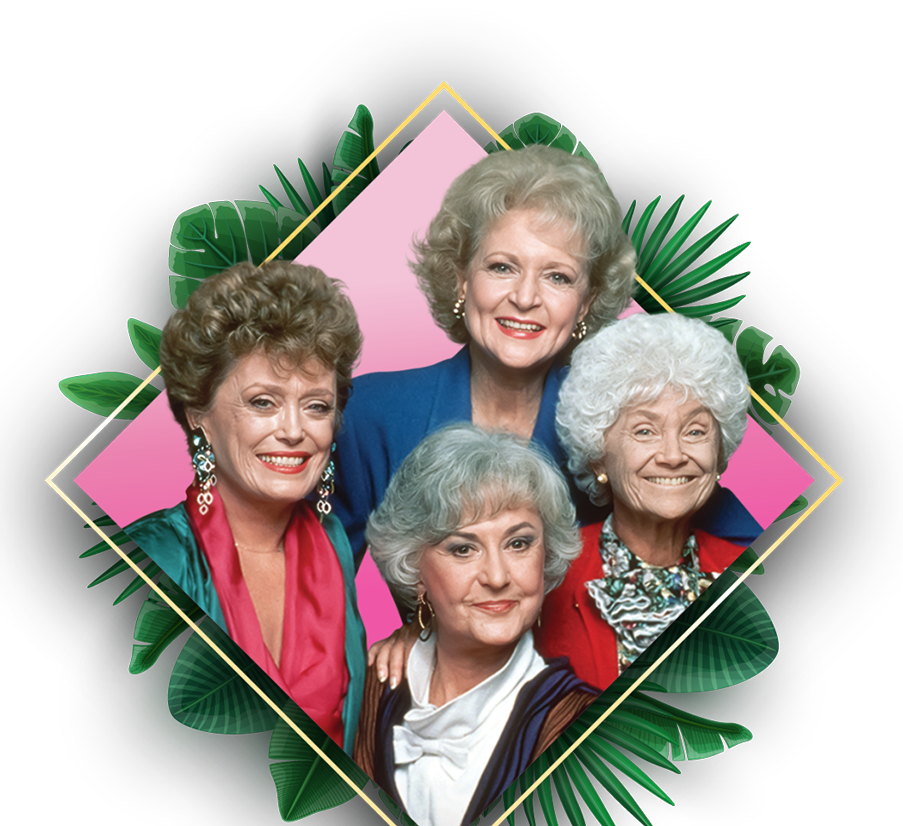Loretta Swit reveals surprising opinion on TV's decline: "I don't blame the networks"
The executives aren't at fault, according to "Hot Lips" herself.

They just don't make 'em like they used to, right gang?
It seems like everywhere you look, there are people bemoaning the quality of TV. Those people aren't necessarily wrong, either.
The landscape has shifted considerably over the past few decades. There has been an increasing emphasis on reality-based "unscripted" programming. Whether or not this truly the downfall of civilization, the way some would have you believe, it's undeniably different from what was once the norm.
There are definitely great shows on television today, but a key difference is presentation. You have to search for quality now, sifting through a glut of thousands of shows. Gone are the days of ABC, NBC, and CBS dominating the landscape. Back in the day, those networks had to produce top-notch stuff to compete for ratings. Now, as tastes have changed, the Big 3 produces more gameshows, song and dance competitions, and reality programming to viy for viewers. But it used to be the case that those same channels gave us engaging stories in hopes that we'd tune in again the following week.
Somebody who had a front-row view of TV's best and biggest was Loretta Swit, who starred as Margaret "Hot Lips" Houlihan on M*A*S*H. She saw exactly how audiences reacted to emotionally-resonant, carefully-written programming. M*A*S*H was never again duplicated, but it was indicative of a time when America was yearning for story worth investing time into.
"America was healing from Vietnam and almost needed a M*A*S*H as a release to go through," Swit said in a 2003 interview with The news and Observer.
"We had producers who were such purists, who cared so much about honesty and integrity. Most of the stories were based on fact. They would continue to research, continue to hear from people in M*A*S*H units. All of those things coming together at that particular time is what accounted for the explosion that it became. it almost belied the expression 'sitcom' because it wasn't It was M*A*S*H, and M*A*S*H was the star. It was as tragic and sad as it was funny. It just was one of a kind."
M*A*S*H has become kind of a high-water mark for television. While there will always be good shows, there will never again be a show that was that popular and that critically acclaimed at the same time. Audiences are fragmented into hundreds of subdivisions, and networks struggle to serve all these different viewership. But while some might lay fault at the feet of executives, Loretta Swit saw things differently.
"I don't blame the networks, I blame the audience," she said.
"If you don't like what's on television, write to the networks. Say 'Give us something better. We're looking for this, that or the other thing.' If they give you 60 Minutes, they can give you quality. So it's up to the audience to write and say, 'I want shows that challenge my mind, that teach me something. I want to see something where the humor is intelligent. I want to see something my kids can watch with me.' Whatever. But if you're going to sit there and complain about what's on, then, it's your fault. You should be doing something about it. Believe it or not, you are in control. Use your power."







































